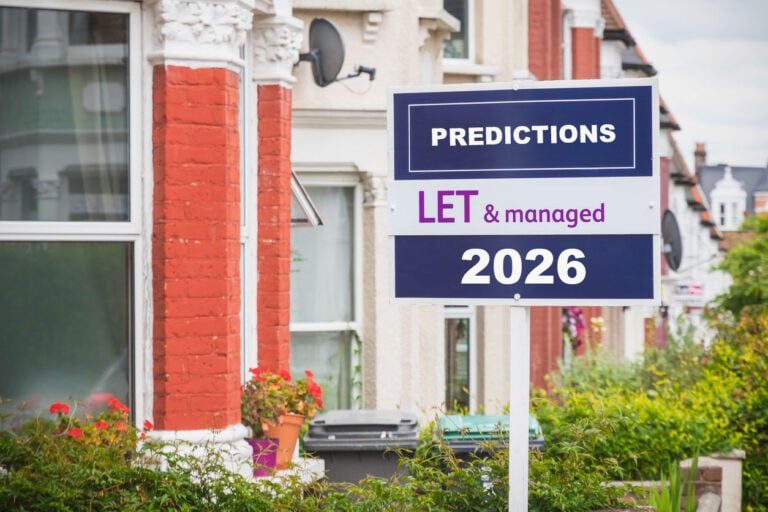Selective licensing schemes are expanding across England. What began as isolated usage in problem areas has grown exponentially, with large numbers of councils now using these powers in order to raise housing standards and tackle antisocial behaviour.
The expansion process began in December 2024, when the government removed the requirement for councils to seek Secretary of State permission for new schemes and has led to an explosion in new licensing designations.
What is selective licensing?
Selective licensing schemes allow councils to require private landlords in designated areas to license their rental properties. This is separate from HMO licensing, which applies to houses in multiple occupation with shared facilities. Selective licensing can apply to any privately rented property within a specific area, including standard single-let properties.
Councils usually introduce the schemes to address low housing demand and to tackle persistent antisocial behaviour, poor housing conditions, high migration levels, or areas experiencing high deprivation and crime rates.
Who needs a license?
Whether you need a license depends on where your property is located. Two identical properties on neighbouring streets may have different licensing requirements because the schemes are postcode-specific, so you need to check requirements for each property separately.
To find out if your property needs a license, you should check your local council website, as they will list all designated areas. You can also contact the council’s housing department directly.
Geographical spread
And you should bear in mind that selective licensing schemes now operate right across the country, from major London boroughs like Lambeth, Westminster, and Tower Hamlets, to councils throughout England, including Nottingham, Durham, Reading, Salford, Birmingham, Liverpool, and many others.
Application requirements
Each council has its own application process and standards. You will almost certainly, though, need to produce gas safety certificates, Electrical Installation Condition Reports (EICR), fire safety measures and smoke alarm certificates, Energy Performance Certificates, detailed floor plans, and Portable Appliance Testing certificates.
You’ll also need to provide management information, including details of all parties involved (landlords, agents, freeholders), tenancy agreements, repair and maintenance contact details, and evidence of tenant referencing procedures.
License fees vary considerably between authorities but typically range between £400 and £1,300 for five-year licenses. Most councils will allow payments to be made in two parts and offer discounts for accredited landlords and/or energy-efficient properties.
Consequences of non-compliance
Operating without a required license is a criminal offence and penalties can reach as high as £30,000 (£50,000 in Scotland) and councils can force landlords to repay rent to tenants (Rent Repayment Orders).
The very worst offenders can also be hit with banning orders, which prevent future lettings, and, in special cases, management orders can be used to transfer the control of the property to councils. In addition, non-compliance typically breaches buy-to-let mortgage conditions and so may invalidate landlord insurance policies.
Staying informed
The decentralised nature of licensing makes it difficult for landlords to keep up to date with all the latest changes. No single database covers all licensing requirements, and those requirements change frequently as councils expand existing schemes or introduce new ones. There’s also no formal warning system, so even if your property doesn’t need a license now, that could change with little notice.
To stay on top of it all, landlords should regularly check council websites. Letting agencies and local landlord networks also tend to be well-informed on the subject, and London landlords have access to a specialist website – London Property Licensing.
Impact of the Renters’ Rights Bill
When the Renters’ Rights Bill becomes law (expected early 2026), penalties for unlicensed properties will increase and Rent Repayment Orders (RROs) will extend from 12 to 24 months, potentially doubling fines.
The government is also establishing a national landlord database that will complement rather than replace local licensing schemes. It will help councils identify unlicensed properties more easily and improve enforcement capabilities.
In addition, the Renters’ Rights Bill will bring in important changes for rent-to-rent arrangements. Previously, superior landlords were protected from licensing responsibilities. The new amendments will make superior landlords jointly liable for licensing failures by management companies, including fines and rent repayment orders.










